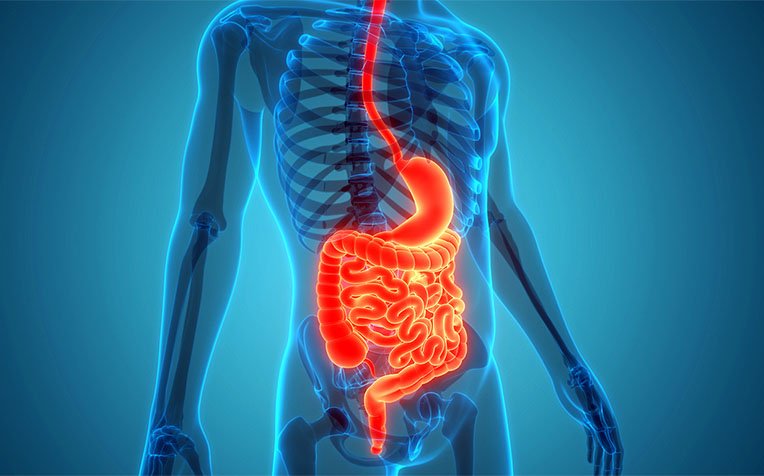Gut health plays a crucial role in overall well-being, yet it is often overlooked. A balanced gut microbiome not only aids digestion but also impacts immunity, mental health, and even weight management. When the gut is out of balance, it can lead to bloating, constipation, fatigue, and a weakened immune system.
One of the best ways to support gut health is by eating fiber-rich foods such as fruits, vegetables, whole grains, and legumes. Fiber acts as fuel for beneficial gut bacteria, promoting a healthy microbiome. Fermented foods like yogurt, kimchi, and sauerkraut contain probiotics, which are live bacteria that support digestion and gut balance.
Hydration is another key factor. Drinking enough water helps break down food, absorb nutrients, and flush out toxins. Additionally, managing stress is crucial—chronic stress can negatively impact gut bacteria, leading to issues like inflammation and digestive discomfort. Practicing mindfulness, deep breathing, or yoga can help maintain a balanced gut-brain connection.
Avoiding processed foods, excess sugar, and artificial sweeteners is also important. These can disrupt the gut microbiome and promote the growth of harmful bacteria. Instead, focus on a whole-food, nutrient-dense diet.
By making small but consistent changes, you can improve your gut health, leading to better digestion, increased energy, and a stronger immune system. A happy gut means a healthier, more vibrant life.


















Erry123
Good ??
KHANDY
Ok